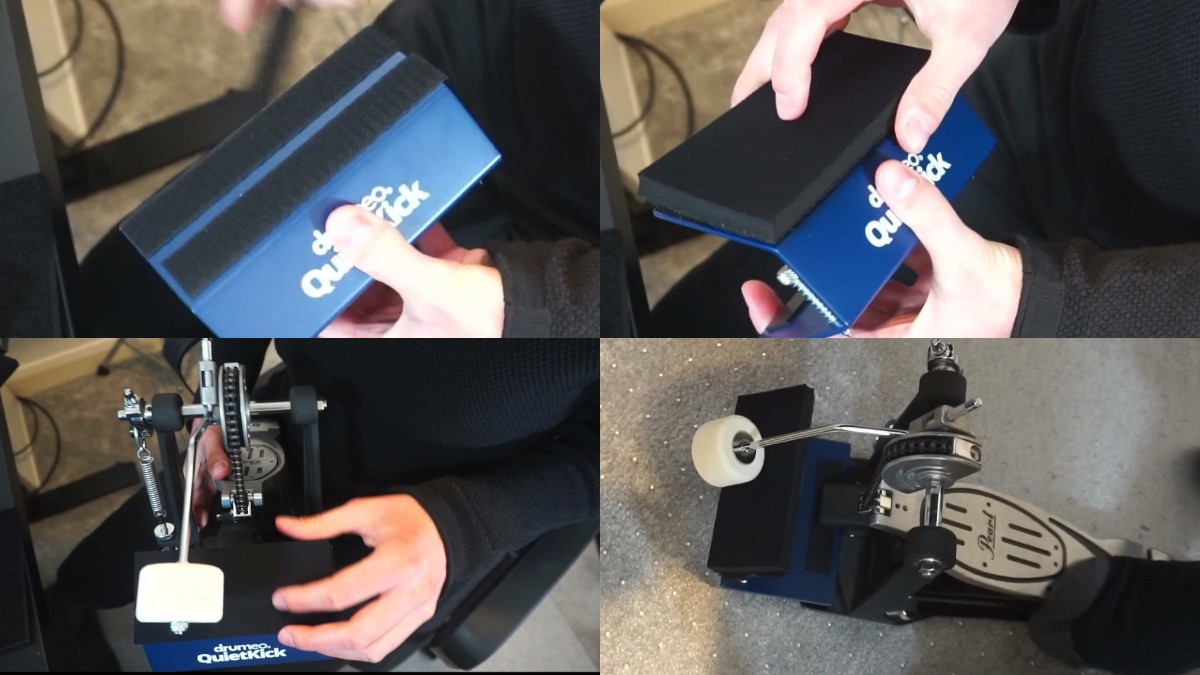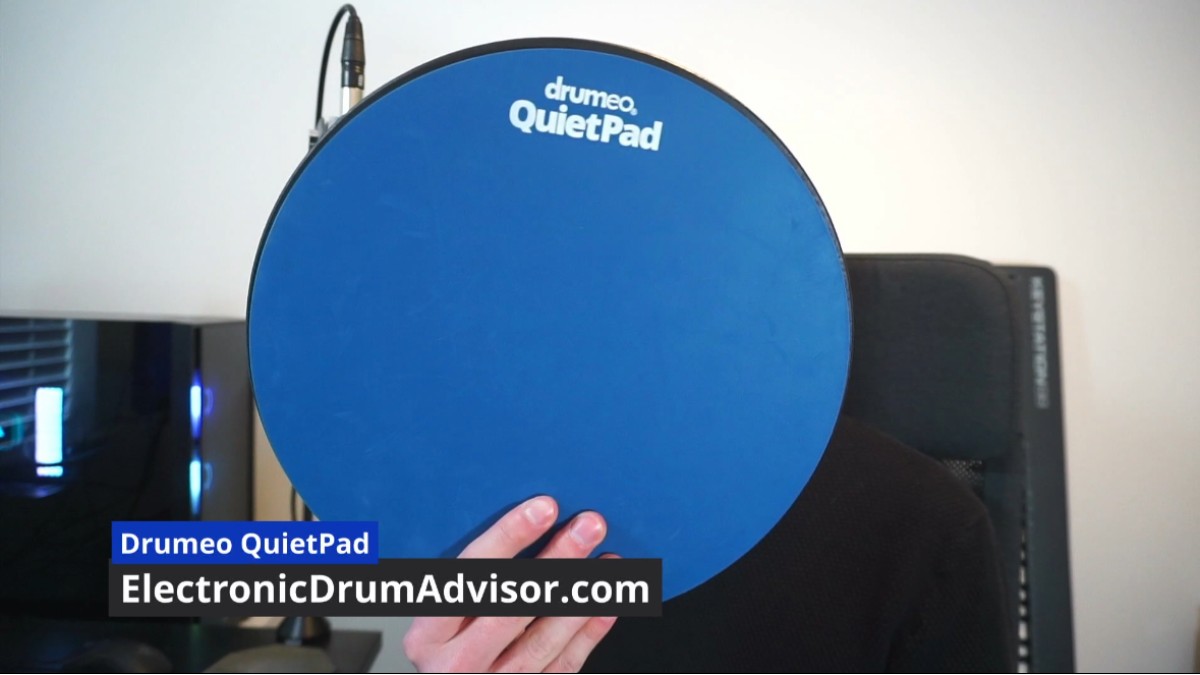The MUST Knows About Sharing Your Drum Kit at Gigs

Sharing drum kits at gigs is a common practice, but it can also be a headache if you don’t communicate and respect each other’s gear. Whether you’re lending your kit or borrowing someone else’s, there are some key things you need to know to make it a smooth experience.
In this article, we’re gonna break it down for you and give you the must-knows, including setting rules, bringing gear, and how to treat each other’s equipment. So, let’s get started and make drum sharing a positive and fun part of your gigs!
Contents
Must Knows If You’re Sharing Your Drum Kit at Gigs
- Set rules as to what they can and can’t do with your kit.
- Be nice to the other drummers. Sharing your drums is a common practice at gigs.
- Make sure other drummers are informed in advance of what they need to bring (e.g. this is generally hardware, snare, and cymbals).
- Be ok with the positions of your kit to be switched around if there are a mix of right and left-handed drummers using the kit.
- Let the other drummers know if there are any unique parts of your setup that might confuse them.
- Try to set up your kit in a way that can be easily adjusted to each drummer’s play style.
- If you really don’t want to share certain gear, then consider bringing extra sticks, cymbals, and accessories just in case one of the drummers forgets to bring their own.
- Be prepared for what to do if other drummers forget their gear. Decide on what extra gear you’re willing to lend them in advance in these cases. If you’re completely willing to lend other drummers certain gear such as your cymbals, then be extra sure that other drummers are aware of what they need to bring beforehand.
- Clearly label your own gear.
Must Knows if You’re Using Another Person’s Kit at a Gig
- Consult the owner of the kit about what you can or can’t do.
- In most cases, you’ll be expected to bring your own hardware, cymbals, and snare drum, and if you’re using any extra cymbals, bring your own stands.
- If you’re using another drummer’s cymbals then make sure you’re hitting them properly. Don’t crack another drummer’s $300 due to bad technique.
- Use your own sticks.
- Don’t be irresponsible with the kit.
- Treat the kit with respect.
- Clean up after using the kit.
- Be thankful to the other drummer, and if you liked playing on their kit then tell them that. A genuine compliment goes a long way.
- Clearly label your own gear.
Communication and etiquette
- Discussing the arrangement with other drummers is a vital first step. Reach out to the other drummers beforehand to confirm the sharing arrangement and discuss any specific needs, preferences, or concerns.
- Establish a clear understanding of expectations to avoid any misunderstandings or conflicts during the gig.
- Respecting each other’s equipment is crucial when sharing a drum kit. Handle each other’s gear with care and avoid making any serious alterations or modifications to another drummer’s kit.
- Always ask permission before making any serious adjustments, as this shows respect and consideration for your fellow musicians.
Setting up and breaking down
- Time management is essential when sharing a drum kit at gigs. Allocate enough time for setup and soundcheck for each drummer, and plan for efficient changeovers between bands. This ensures that everyone has ample time to prepare and avoids any delays or rushed performances.
- Sharing the setup responsibilities can help make the process smoother and more efficient. Be proactive in helping each other set up and tear down, offering assistance with heavy lifting or moving equipment.
- Keeping track of personal items is crucial when sharing a drum kit. Clearly label your own gear to avoid confusion and store your personal items in a designated area during the gig. This helps prevent any mix-ups or lost items and ensures that everyone can easily locate their belongings.
Stay Level-headed
- Stay level-headed if other drummers throw a curveball like forgetting certain gear. Again, have a plan of what you’re going to do if that situation arises.
- Prepare for potential issues by bringing extra drumsticks, felts, and wingnuts. This helps prevent any unexpected problems from derailing the performance and ensures that everyone is prepared for any potential issues. Addressing problems during the performance is crucial for maintaining a smooth gig.
- Stay calm and find a quick solution if an issue arises, and communicate with bandmates and sound engineers if necessary. This helps minimize disruptions and keeps the performance on track.
Conclusion
In conclusion, sharing drum kits at gigs is a common practice, but it’s important to establish rules and communicate with the other drummers involved. If you’re sharing your kit, make sure to inform other drummers about what they need to bring and be open to adjustments in the setup.
Additionally, consider bringing extra gear in case other drummers forget theirs. On the other hand, if you’re using another person’s kit, consult with the owner, bring your own hardware, and treat the kit with respect. Always label your own gear and express gratitude to the other drummer. By following these guidelines, sharing drum kits can be a positive experience for everyone involved.







